Cardozo Law’s Faculty Workshop Series brings leading scholars from across the country to campus to share their current research and engage in discussions with our faculty on works in progress.
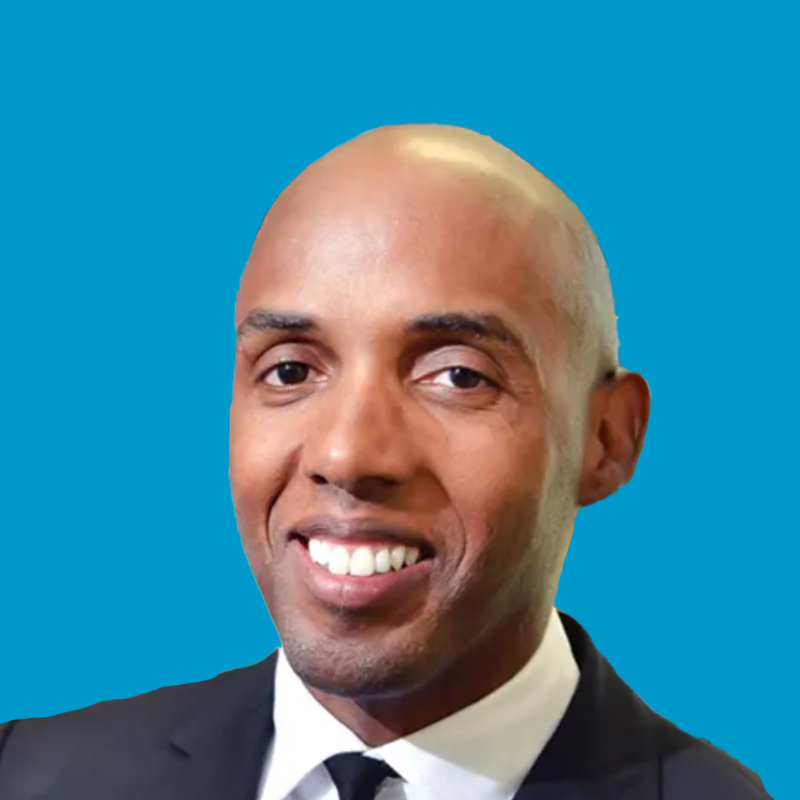
Devon Carbado (NYU)
September 10, 2025
Profile - Devon Carbado is the Elihu Root Professor of Law at NYU Law School. He earned his BA in History from UCLA and his Juris Doctorate from Harvard Law School. Professor Carbado writes and teaches in the areas of Constitutional Law, Constitutional Criminal Procedure, and Race and the Law. His publications have appeared in the California Law Review, Cornell Law Review, Harvard Law Review, Michigan Law Review, Texas Law Review, UCLA Law Review, and the Yale Law Journal, among others.

Anita Krishnakumar (Georgetown)
November 19, 2025
Profile - Professor Anita Krishnakumar is an expert on statutory interpretation. She teaches Legislation and Statutory Interpretation, Administrative Law, Trusts and Estates, and an Advanced Colloquium on Legislation. Her scholarship explores statutory interpretation and the legislative process, with work published in leading journals including the Harvard, Stanford, Yale, Chicago, and NYU Law Reviews. Professor Krishnakumar serves as editor of the SSRN eJournal on Legislation and Statutory Interpretation and contributes to Rick Hasen’s Election Law Blog. She previously chaired the Legislation Section of the Association of American Law Schools. She holds an A.B. from Stanford and a J.D. from Yale, where she served on the Yale Law Journal and taught as a Coker Fellow. After clerking for Judge José A. Cabranes of the Second Circuit, she practiced at Mayer Brown and Cleary Gottlieb. From 2006 to 2021, she was on the faculty of St. John’s University School of Law, where she received multiple teaching awards and held the Mary C. Daly Chair.
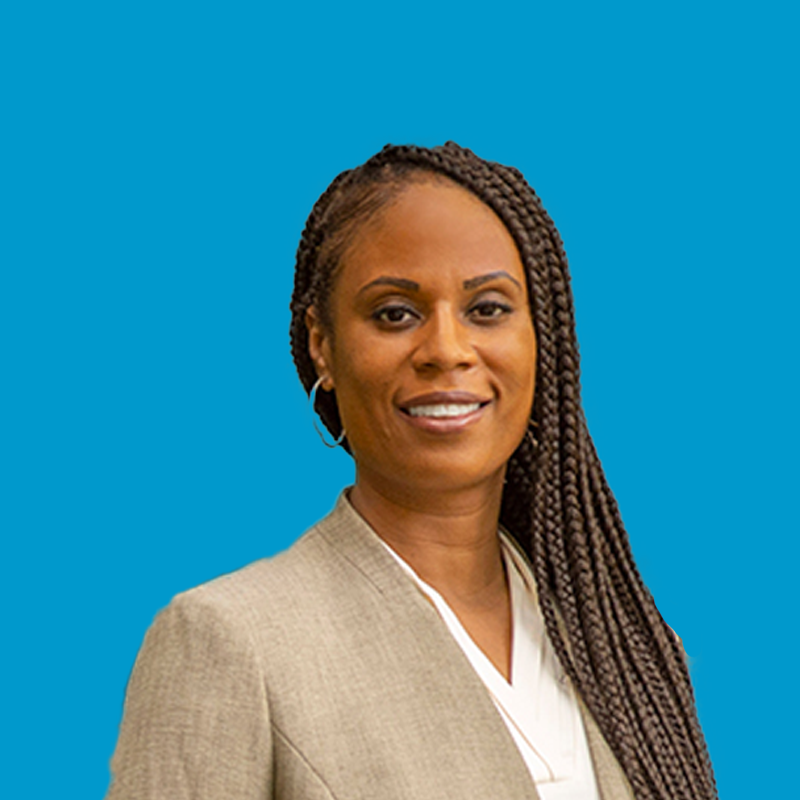
Jamelia Morgan (Northwestern)
January 21, 2026
Profile - Professor Jamelia Morgan is an award-winning and acclaimed scholar and teacher focusing on issues at the intersections of race, gender, disability, and criminal law and punishment. Her scholarship and teaching examine the development of disability as a legal category in American law, disability and policing, overcriminalization and the regulation of physical and social disorder, and the constitutional dimensions of the criminalization of status.
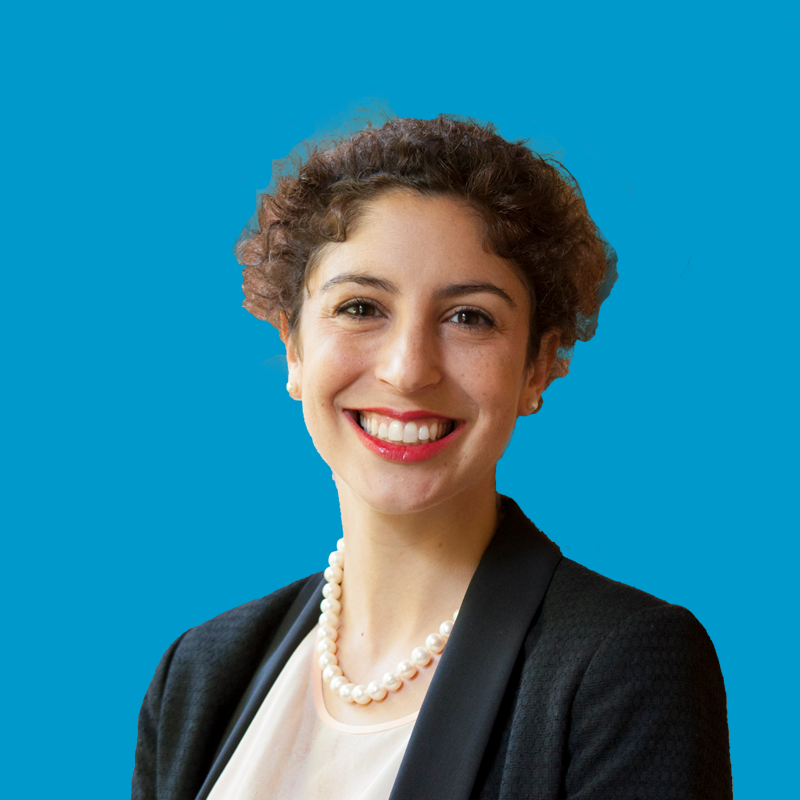
Rebecca Wexler (Columbia)
January 28, 2026
Profile - Rebecca Wexler’s teaching and research sit at the intersection of law and technology, with a specific focus on privacy and secrecy in the context of the criminal legal system. Her work has explored topics including trade secrets, data privacy, and law enforcement privilege. Wexler’s scholarship has appeared or is forthcoming in the Harvard Law Review, Stanford Law Review, The Yale Law Journal Forum, NYU Law Review, UCLA Law Review, Texas Law Review, Vanderbilt Law Review, and Berkeley Technology Law Journal, as well as in peer-reviewed computer science publications. She joined Columbia Law School on July 1, 2025.
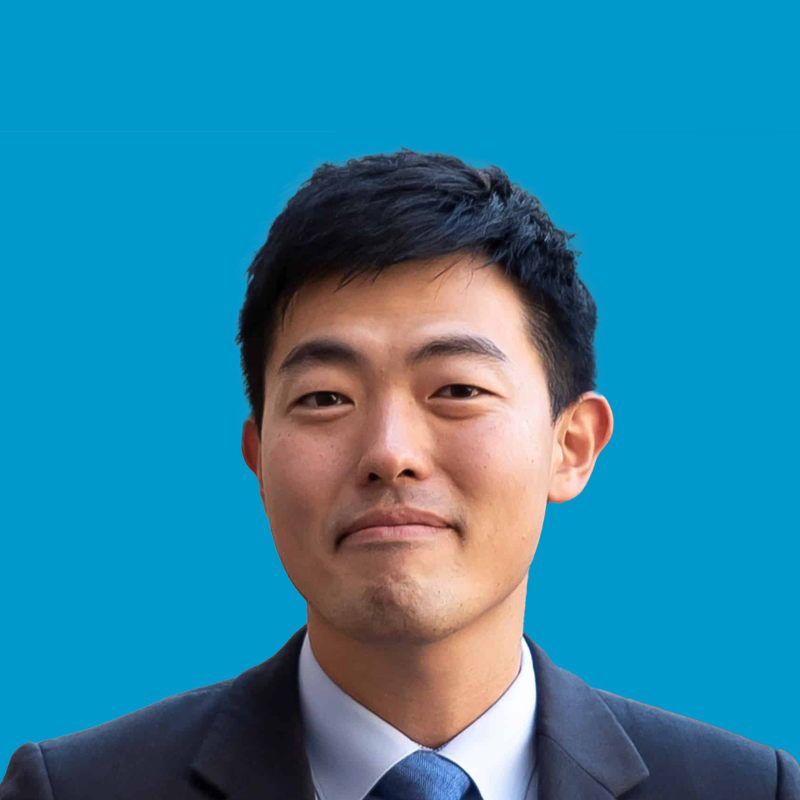
William Moon (Maryland)
February 4, 2026
Profile - Will Moon is a professor of law at the University of Maryland Francis King Carey School of Law. His current research focuses on corporate charter competition, corporate governance, offshore finance, and private international law. Professor Moon’s recent scholarship has appeared in the Duke Law Journal, the Iowa Law Review, the Michigan Law Review, the Northwestern University Law Review, and the Vanderbilt Law Review. In 2021, Professor Moon was voted Professor of the Year by the Black Law Students Association. Prior to joining Maryland Carey Law in 2018, Professor Moon served as an acting assistant professor in the Lawyering Program at NYU School of Law from 2016 to 2018. Prior to entering academia, he worked as a litigation associate at Boies, Schiller & Flexner, LLP in New York City, specializing in cross-border commercial disputes. From 2013 to 2014, Professor Moon served as a law clerk to Judge Joseph A. Greenaway, Jr. of the United States Court of Appeals for the Third Circuit. Professor Moon holds a JD from the Yale Law School, where he served as a senior editor of the Yale Law Journal and a Coker Fellow. He received a BBA from the Stephen M. Ross School of Business at the University of Michigan, where he was the founding editor-in-chief of the Michigan Journal of Business.
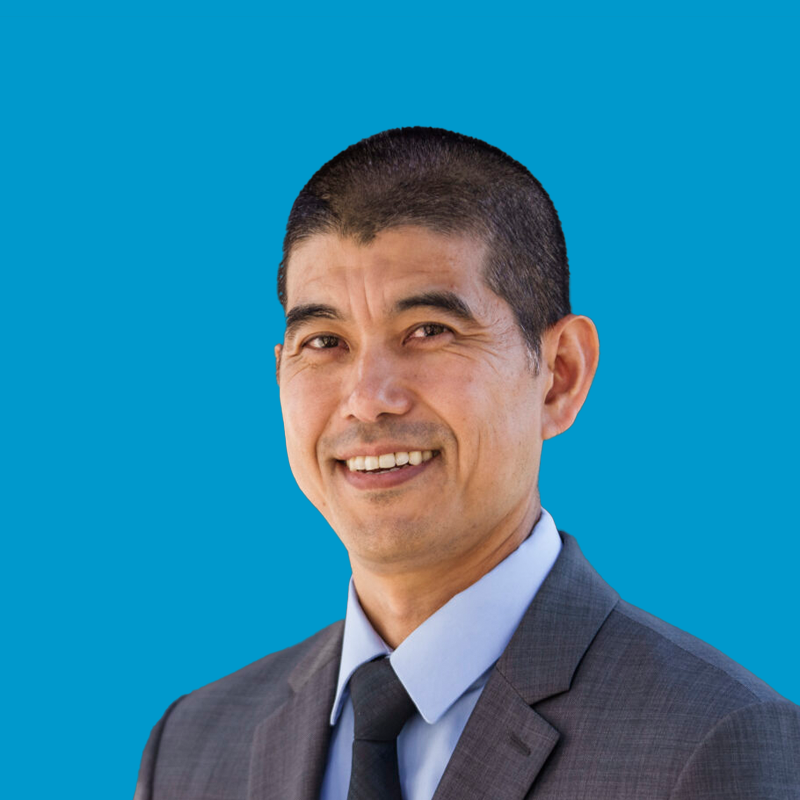
Ryan Sakoda (UC Berkeley)
February 11, 2026
Profile - Ryan T. Sakoda is an Assistant Professor of Law at the UC Berkeley School of Law. His research focuses on the empirical analysis of crime and criminal justice policy. Most recently, he has written on the use of solitary confinement and the effects of post-release supervision and probation. Sakoda joined the Berkeley Law faculty after teaching at the University of Iowa College of Law. Previously, he worked at the Boston public defender’s office as a staff attorney where he represented indigent criminal defendants facing misdemeanor and felony charges from arrest through final disposition. Before his work as a staff attorney, Sakoda was a Liman Public Interest Fellow, also at the Boston public defender’s office, where he advised and represented clients on housing cases that arose from arrests, criminal charges, or past criminal convictions. Sakoda received a PhD in economics from Harvard, a JD from Yale Law School, and an MSc from the London School of Economics as a Fulbright Scholar. He completed his undergraduate work at UC Berkeley. He was also a Bigelow Fellow at the University of Chicago Law School and a Peace Corps Volunteer in Ukraine.
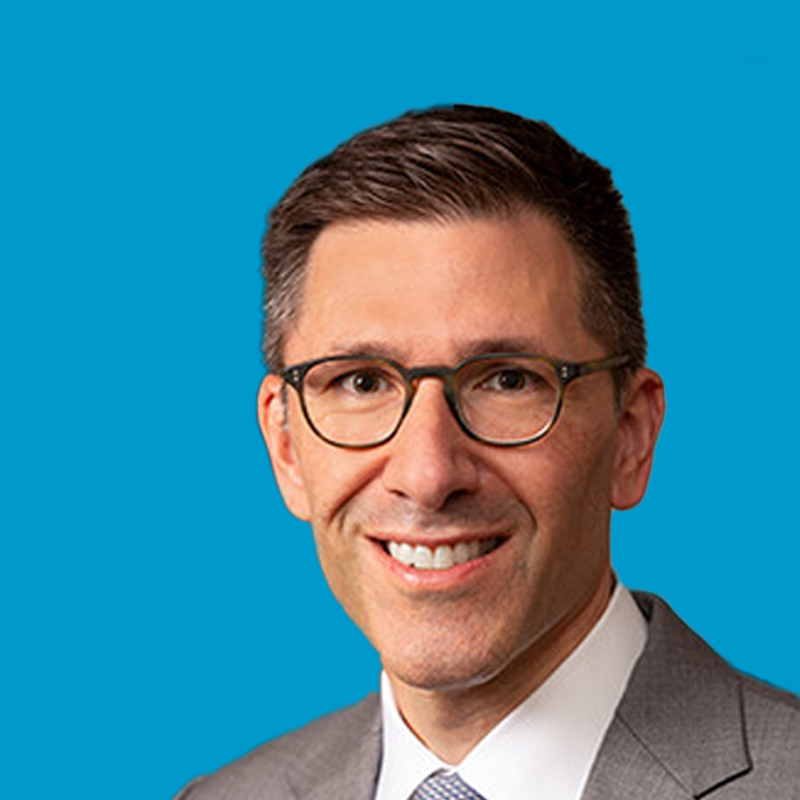
Douglas NeJaime (Yale)
February 25, 2026
Profile - Douglas NeJaime is the Anne Urowsky Professor of Law and Counselor to the Dean at Yale Law School, where he teaches legal ethics, family law, and constitutional law. Before joining Yale in 2017, he taught at UCLA, UC Irvine, and Loyola Law School, and was a visiting professor at Harvard. A leading scholar on family law, constitutional law, and the legal profession, NeJaime is co-author of three casebooks and has published widely in top law reviews, including the Yale, Harvard, Columbia, and Stanford Law Reviews. His work has been recognized with multiple Dukeminier Awards and numerous teaching honors. NeJaime has also played a central role in modernizing family law, serving as the principal drafter of the Connecticut Parentage Act, landmark legislation ensuring equal treatment for all families.
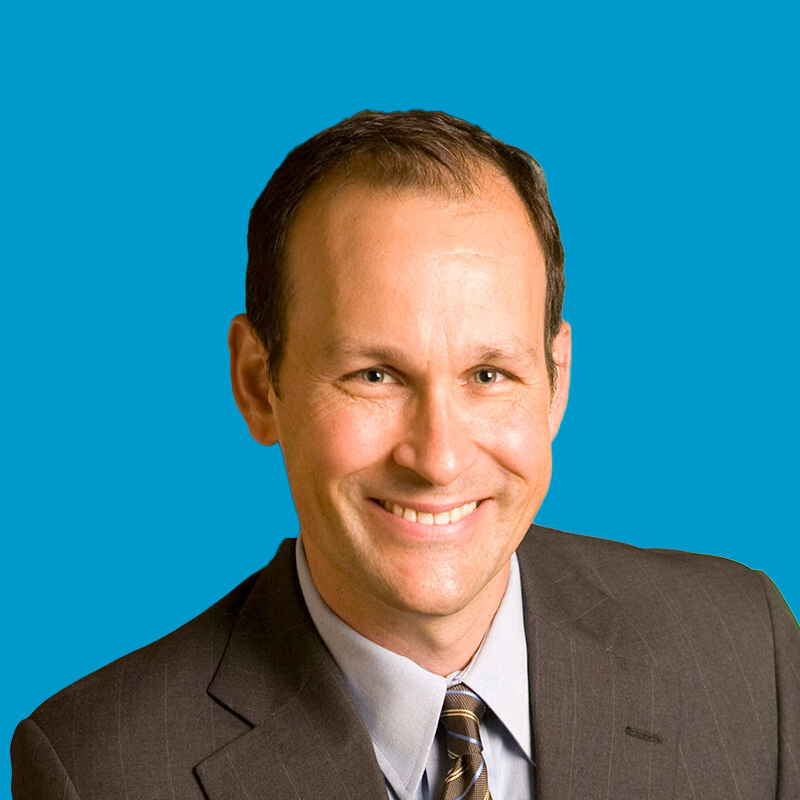
Kevin Stack (Vanderbilt)
March 4, 2026
Profile - Kevin Stack writes on administrative law, statutory interpretation, separation of powers, election law, and comparative public law. His work has appeared numerous US law reviews, including the Yale Law Journal, Columbia Law Review, Michigan Law Review, Cornell Law Review, Northwestern Law Review, Notre Dame Law Review, Vanderbilt Law Review, and the Iowa Law Review, as well as in international journals including the Modern Law Review, the International Journal of Constitutional Law, the University of Toronto Law Journal, and the Journal of Common Market Studies. He is co-author of a textbook, The Regulatory State (with his Vanderbilt Law colleagues Lisa Bressman and Ed Rubin) on statutory interpretation and administrative lawmaking now in its fourth edition. He has received with the ABA's Annual Scholarship Award for the best published work in administrative law for his Michigan Law Review article, “Interpreting Regulations,” the Vanderbilt Chancellor’s Award for Research, and the Levin’s Centers Award for Excellence in Oversight Research. Professor Stack is Public Member of the Administrative Conference of the United States, and serves as Chair of the ABA’s Administrative Law Fellowship Program. Professor Stack has received the Law School’s Hall-Hartman Award for Outstanding Teaching for his teaching of Administrative Law, Election Law, and the required 1L course, The Regulatory State; he was also selected by the Vanderbilt Law graduating class of 2021 as its commencement speaker.
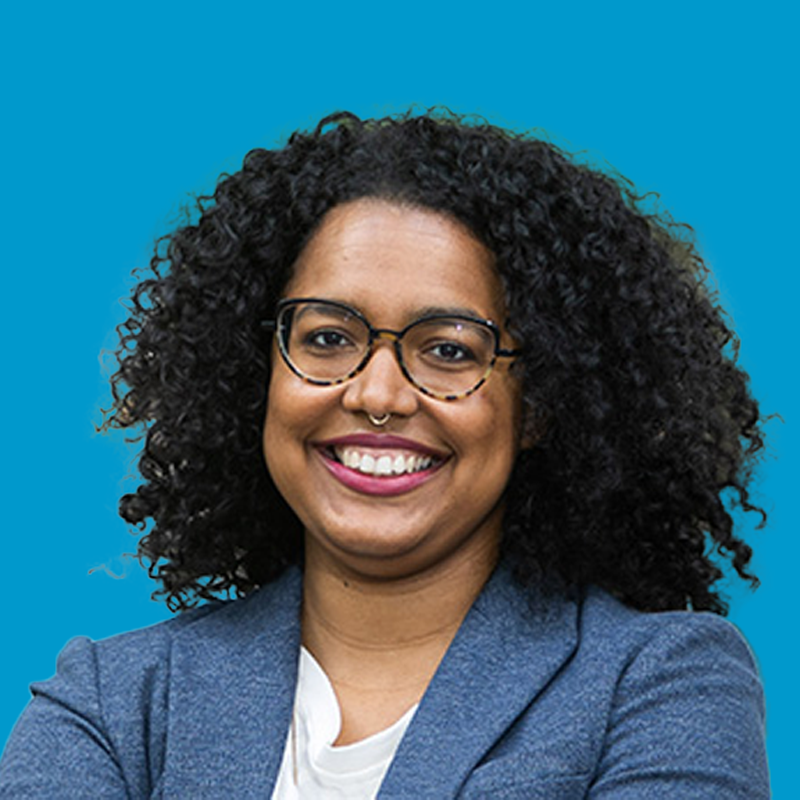
Brittany Farr (NYU)
March 11, 2026
Profile - Brittany Farr is an Assistant Professor of Law at NYU School of Law. She joined NYU from the University of Pennsylvania Law School, where she was a Sharswood Fellow. Farr is a scholar of private law and race. With more than a decade of interdisciplinary training, her research draws on history, legal theory, and cultural studies to theorize how marginalized populations have availed themselves of otherwise inhospitable legal regimes. In particular, her research focuses on enslaved and free African Americans’ use of contract law during the nineteenth and early twentieth centuries and interrogates the ways in which contract law mediated African Americans’ relationship to bodily autonomy, economic freedom, and legal agency both during and after slavery. Her writing has appeared in UCLA Law Review, The University of Chicago Law Review Online, and many other academic publications. Farr has also co-authored policy reports on mental health and banking, as well as on gender and mass incarceration. Farr earned a J.D. from Yale Law School in 2019 and was a recipient of the NAACP’s Legal Defense Fund’s Earl Warren Scholarship, which is awarded to law students with a demonstrated commitment to racial justice. Prior to law school, Farr earned a Ph.D. in Communication from the Annenberg School for Communication and Journalism at the University of Southern California.
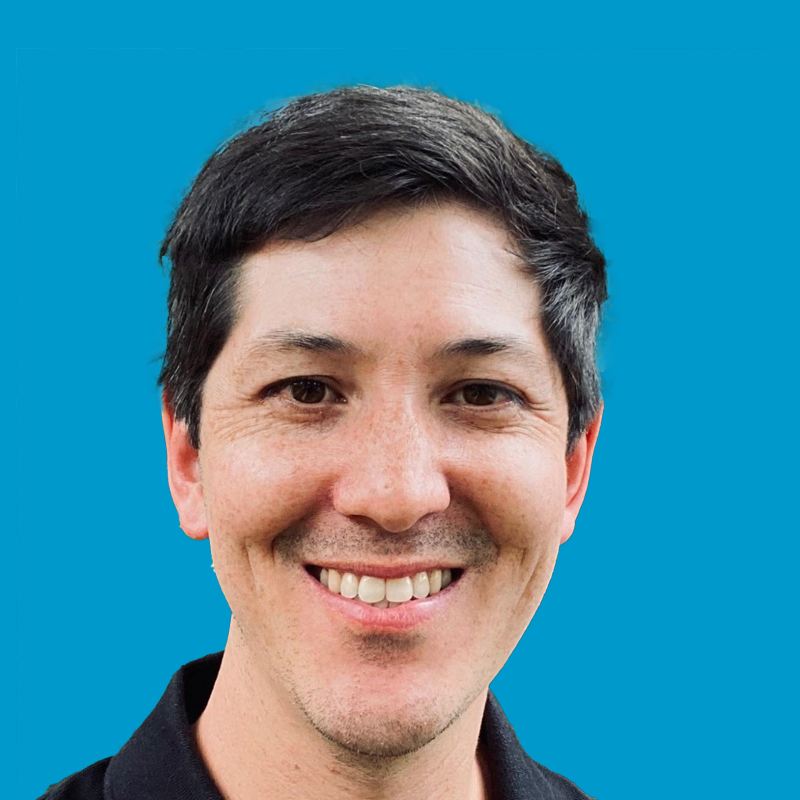
Jonathan Skinner-Thompson (Colorado)
March 18, 2026
Profile - Jonathan is an Associate Professor at Colorado Law, where he specializes in administrative and environmental law (particularly air quality and environmental justice). He is affiliated with the Graduate Certificate in Environmental Justice in the College of Arts and Sciences and serves on the Colorado Department of Public Health & Environment's Environmental Justice Advisory Board. His scholarship appears (or is forthcoming) in the Arizona State Law Journal, Utah Law Review, Washington Law Review, the environmental journals at Duke, Stanford, Vermont, and Virginia law schools, the ABA's Natural Resources & Environment magazine, and elsewhere. His book, Enforcing Environmental Penalties, will go to print in late 2025. Jonathan graduated from Duke University with a J.D. and LL.M. in International & Comparative Law and received his B.A. from the University of California, Berkeley. He has studied and worked in China, Germany, and Hong Kong, and was once proficient in Chinese (Mandarin) and German.

Richard Hasen (UCLA)
March 25, 2026
Profile - Richard L. Hasen is the Gary T. Schwartz Endowed Chair in Law, Professor of Political Science (by courtesy), and Director of the Safeguarding Democracy Project at UCLA School of Law. He is an internationally recognized expert in election law, writing as well in the areas of legislation and statutory interpretation, remedies, and torts. He is co-author of leading casebooks in election law and remedies. Hasen served in 2022 and 2024 as an NBC News/MSNBC Election Law Analyst. He was a CNN Election Law Analyst in 2020. Professor Hasen holds a B.A. degree (with highest honors) from UC Berkeley, and a J.D., M.A., and Ph.D. (Political Science) from UCLA. After law school, Hasen clerked for the Honorable David R. Thompson of the United States Court of Appeals for the Ninth Circuit, and then worked as a civil appellate lawyer at the Encino firm Horvitz and Levy.
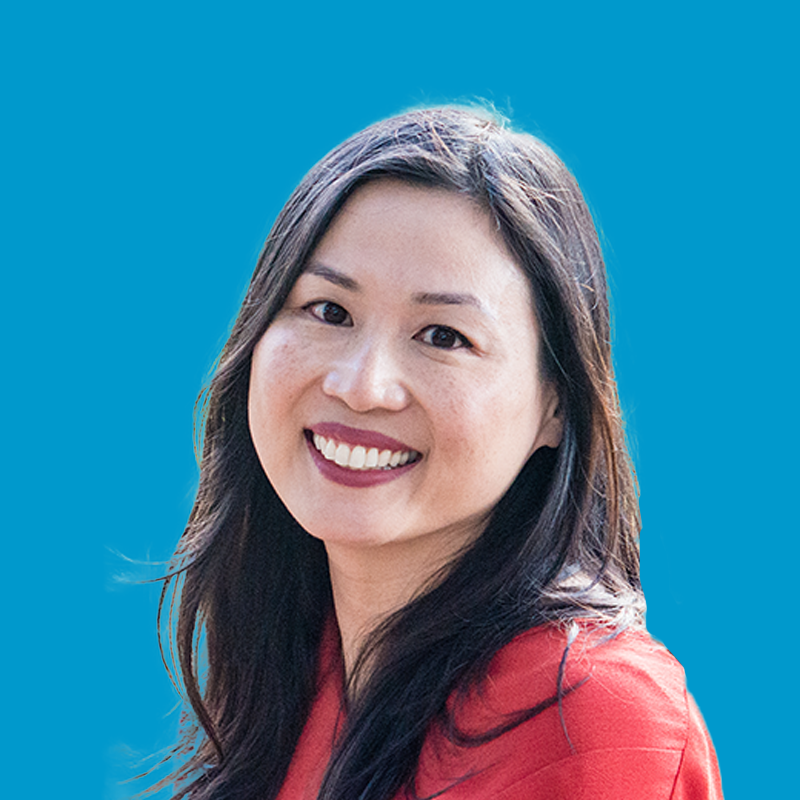
Ji Seon Song (UC Irvine)
April 15, 2026
Profile - Ji Seon Song's teaching and research focuses on criminal law, criminal procedure, and policing. Prof. Song’s scholarship examines the deployment of policing authority and corresponding effects on racial minority and other marginalized groups. Her research informs interventions that address race- and class-based disparities in policing practices. Prof. Song’s scholarship draws on her years of practice experience. Previously, Prof. Song represented youth and adults as a Deputy Public Defender at the Contra Costa County Office of the Public Defender and as a Prettyman Fellow at the Georgetown University Law Center. She also worked as a senior policy advocate for the National Juvenile Defender Center. Prof. Song earned a B.A.in East Asian Languages and Cultures with a minor in Music from Columbia College, Columbia University, a J.D. from Columbia University School of Law, and an LL.M. from Georgetown University Law Center.
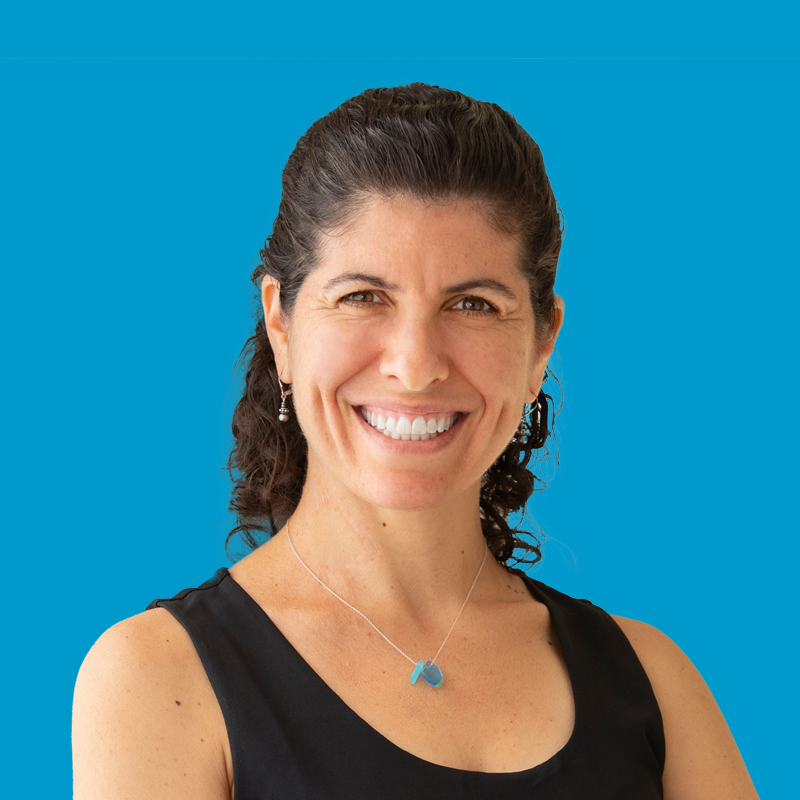
Leigh Osofsky (UNC)
April 22, 2026
Profile - Leigh Osofsky joined the Carolina Law faculty as a professor of law in 2018. Her scholarship focuses on tax law and the administrative and legislative process. Osofsky is the author of numerous articles about how agencies and legislatures administer complex legal regimes. Her work has appeared in Cornell Law Review, Iowa Law Review, Emory Law Journal, the Yale Journal on Regulation, and NYU’s Tax Law Review, among others. In 2022, Osofsky co-authored a report for the Administrative Conference of the United States (ACUS) that resulted in ACUS adopting twenty recommendations about the use of automated legal guidance, which will apply to all federal agencies, and which were published in the Federal Register. In 2025, Osofsky published a book based on her research, “Automated Agencies: The Transformation of Government Guidance” (Cambridge University Press).
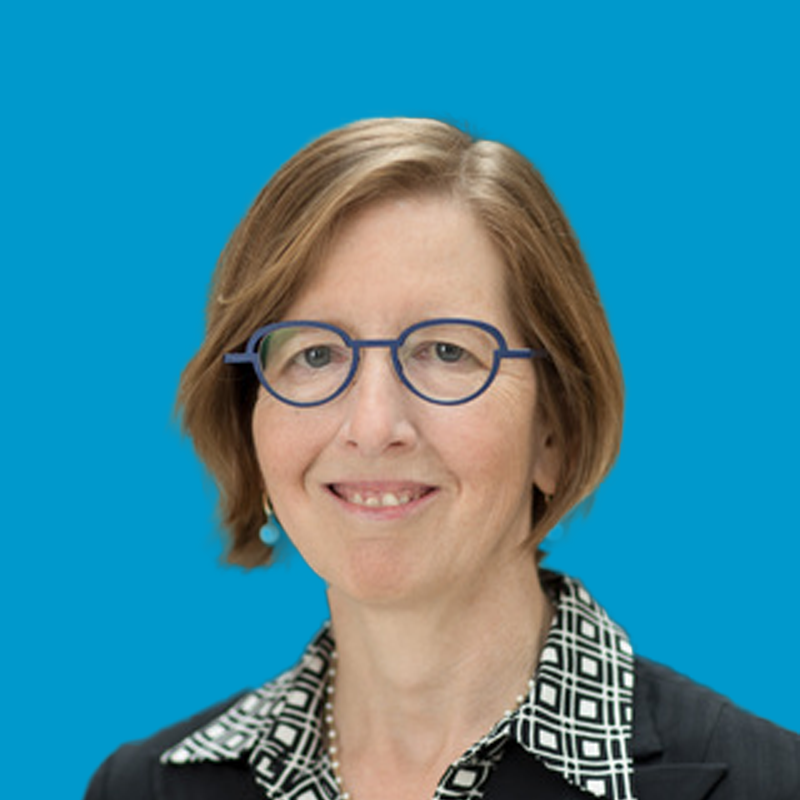
Karen Engle (Texas)
April 29, 2026
Profile - Karen Engle is the Minerva House Drysdale Regents Chair in Law and founder and co-director of the Bernard and Audre Rapoport Center for Human Rights and Justice. She teaches courses in public international law, international human rights law, and legal theory. Professor Engle writes on the interaction between social movements and law, particularly in international human rights, international criminal law, and Latin American law. Professor Engle has received prestigious fellowships and has taught at various universities worldwide.
